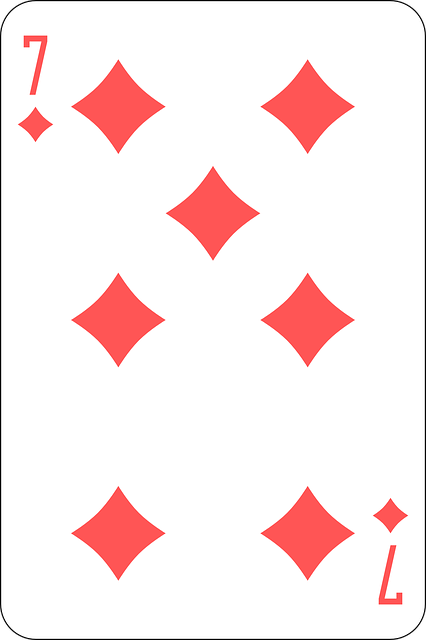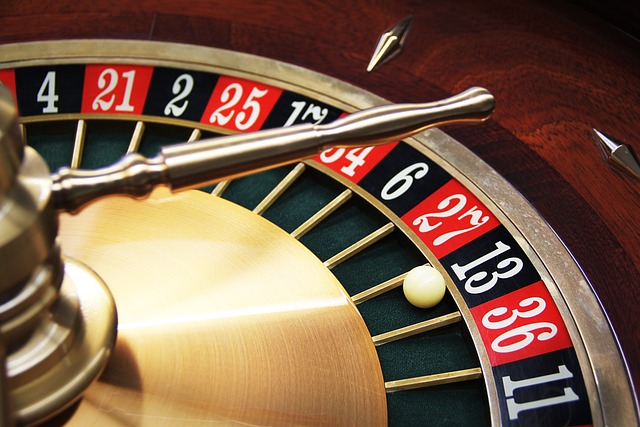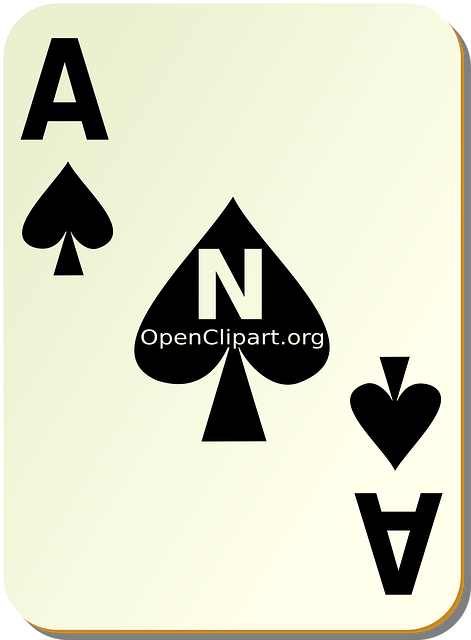The Gambling Laws EU represent a delicate balance between national autonomy and EU directives, resulting in varied yet aligned legal frameworks for online and offline gaming, sports betting, and lotteries. Member states set licensing terms, age restrictions, and game types while adhering to EU rules, particularly Single Market regulations, to ensure fair competition. The primary focus is on mitigating problem gambling, protecting vulnerable individuals, and fostering a safe, inclusive environment within the unified market. These laws standardize licensing, age verification, and problem gambling support across various gaming sectors, with strict operator rules for fair practices and data protection. Governance involves the European Commission, Directive on Game of Chance, and the European Gaming and Betting Association (EGBA), ensuring harmonized laws while accounting for diverse cultural landscapes.
“Gambling Laws EU: Navigating a Diverse Regulatory Landscape
The European Union’s approach to gambling regulation is a complex and ever-evolving story, with each member state playing a pivotal role in shaping policies. This article offers an in-depth exploration of the current framework, delving into the overview of gambling regulations across the EU and the unique variations in national laws. We analyze how directives and institutions guide these policies, while also shedding light on challenges like online gaming’s rise and cross-border issues. By examining current trends, we predict future directions, highlighting potential reforms to harmonize and adapt EU gambling laws.”
- Overview of Gambling Regulations within the EU
- – A general look at the regulatory framework governing gambling in the European Union.
- – Key institutions and directives that shape gambling laws across member states.
Overview of Gambling Regulations within the EU

The Gambling Laws EU have evolved into a complex web, reflecting both the unity and diversity among member states. Each country within the European Union (EU) maintains its autonomy in regulating gambling, leading to varying legal frameworks while adhering to overarching directives set by the EU. These regulations encompass online and offline gaming, sports betting, and various forms of lotteries, ensuring consumer protection and preventing illegal activities.
The EU’s approach to gambling laws balances economic freedom with public interest. Member states can decide on licensing, age restrictions, and game types, but they must align with specific EU directives, notably the Single Market rules. This ensures fair competition across borders, allowing gamers and operators to enjoy a unified market while respecting local regulations. Key considerations include preventing problem gambling, ensuring fair play, and protecting vulnerable individuals, ultimately fostering a safe and inclusive environment for all participants in the Gambling Laws EU.
– A general look at the regulatory framework governing gambling in the European Union.

The European Union (EU) is home to a diverse gaming market, and its regulatory framework is designed to balance economic freedom with consumer protection. Each member state within the EU has its own gambling laws, but they are all harmonized under the overarching legislation set by the EU. This ensures that cross-border activities are regulated consistently while allowing for national variations. The primary focus of these regulations is to prevent money laundering, protect vulnerable individuals, and ensure fair play.
The Gambling Laws EU aim to standardize licensing, age verification, and problem gambling support across all member states. These laws cover various aspects, including online gambling, sports betting, casinos, and lottery operations. Strict rules are in place to regulate operators, ensuring they comply with fair gaming practices and data protection standards. This comprehensive regulatory environment fosters a secure and transparent gaming space for EU citizens while facilitating the growth of the continent’s gaming industry.
– Key institutions and directives that shape gambling laws across member states.

The Gambling Laws EU are shaped by a complex interplay of institutions and directives, ensuring a regulated and standardized framework across member states. At the heart of this regulatory system lies the European Commission, which plays a pivotal role in proposing and implementing legislation. One of the key instruments is the Directive on Game of Chance, setting out minimum standards for licensing, monitoring, and protection of consumers throughout the EU.
Additionally, the European Gaming and Betting Association (EGBA) serves as a prominent industry body, advocating for fair and effective gambling regulations. By fostering cooperation among member states, the EGBA contributes to the harmonization of laws, ensuring a level playing field for operators and enhanced consumer protection across the bloc. These collaborative efforts are crucial in navigating the diverse cultural landscapes while maintaining consistent Gambling Laws EU-wide.
The Gambling Laws EU represent a complex yet evolving regulatory landscape, with each member state contributing unique elements while adhering to overarching European directives. This balance between national autonomy and unified standards ensures a diverse yet fair gaming environment across the continent. Understanding these laws is crucial for both industry participants and consumers navigating the EU market, as they continually adapt to reflect technological advancements and societal changes.






